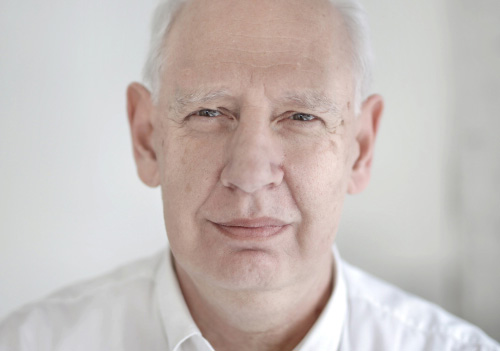If you have no spouse, children or other dependants you might think there is little point in making a Will. However, as a High Court case showed, any such assumption would be seriously wrong if it takes no account of your wider family and the potential for conflict between them after you are gone.
The case concerned one of 10 brothers who had assets – principally in the form of a property portfolio – worth about £2 million but made no Will before he died.
Three of his nieces, acting as his personal representatives, set about liquidating his assets with a view to distributing the proceeds to themselves and his other next of kin.
A difficulty arose because one of his brothers – a vulnerable man who suffered from a disability – still lived in the family home where he and the siblings were brought up.
The property was held in the sole name of the deceased and the nieces took steps to evict the disabled brother so that it could be sold and the proceeds paid into the estate. With the Official Solicitor acting on his behalf, the disabled brother launched proceedings with a view to maintaining the roof over his head.
Ruling on the dispute – which had led to a bitter rift between members of the family, some of whom had declared themselves disgusted by the nieces’ actions – the Court noted that the deceased had given the disabled brother no positive assurance that he would be able to continue living in the property for the rest of his life.
There was evidence, however, that such an assurance had been given by the brothers’ parents before they died. The deceased had acquiesced in his parents’ decision by, amongst other things, maintaining the status quo and permitting the disabled brother to live in the property rent free and without question.
By spending money on improving and maintaining the property, the disabled brother had acted to his detriment in reliance on his parents’ assurance and that impliedly given by the deceased.
Dispelling the threat of the disabled brother being evicted from his home, the Court ordered that he should have a life interest in the property.





